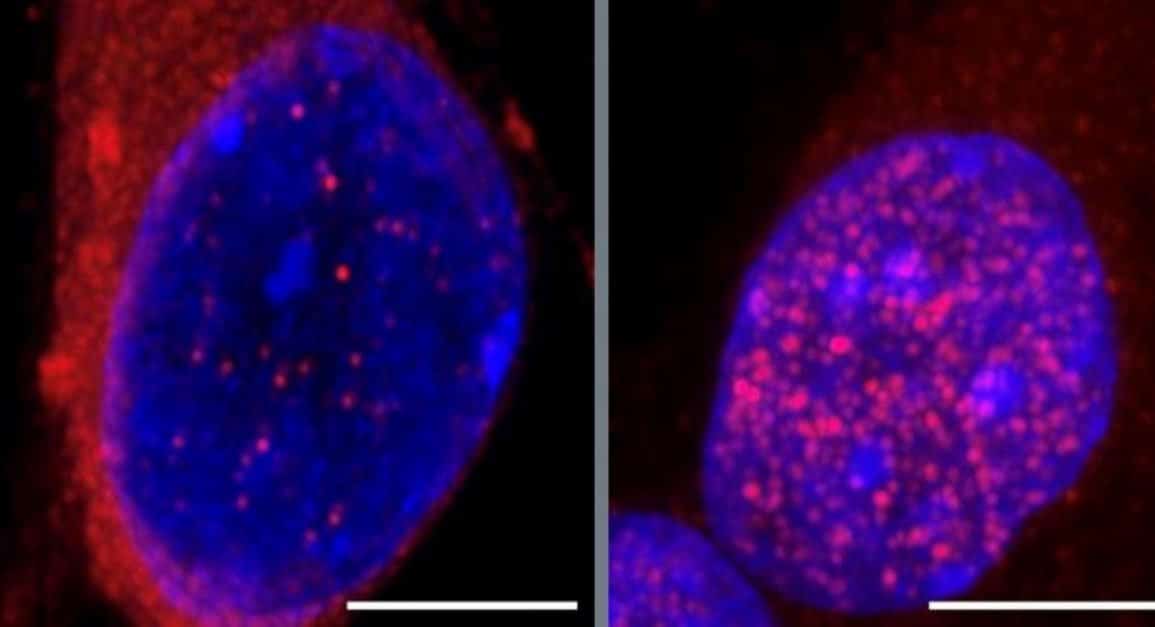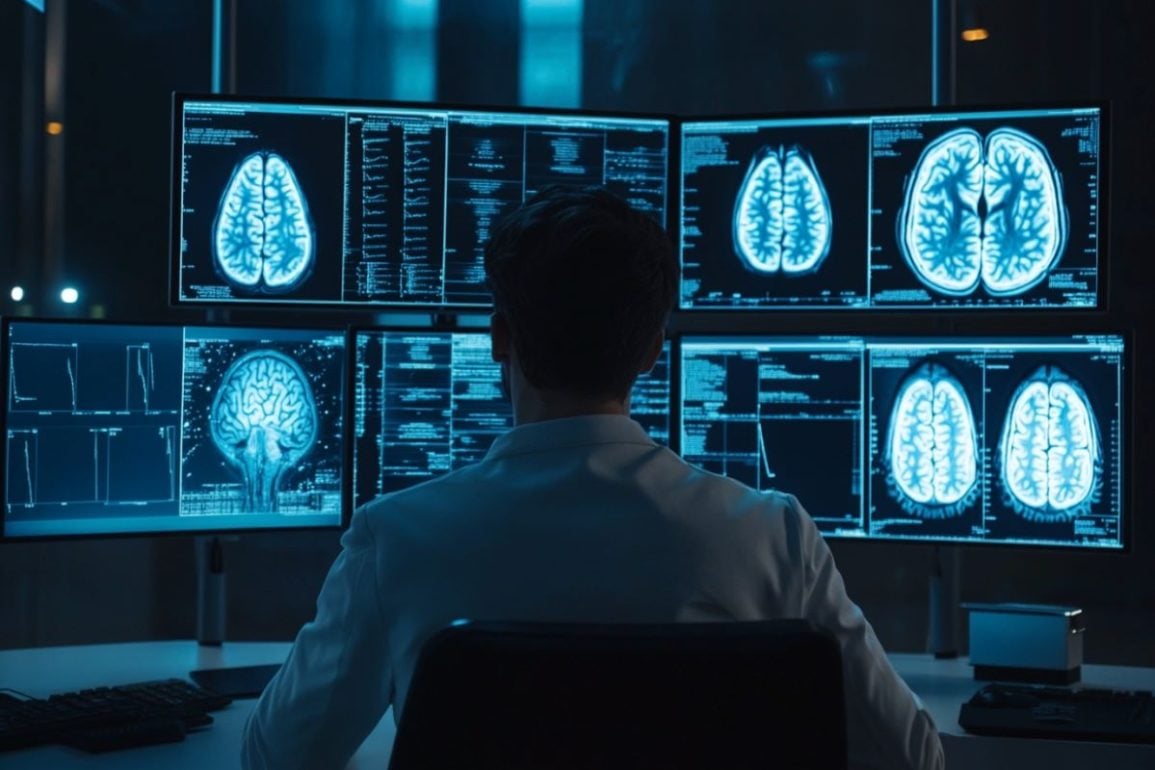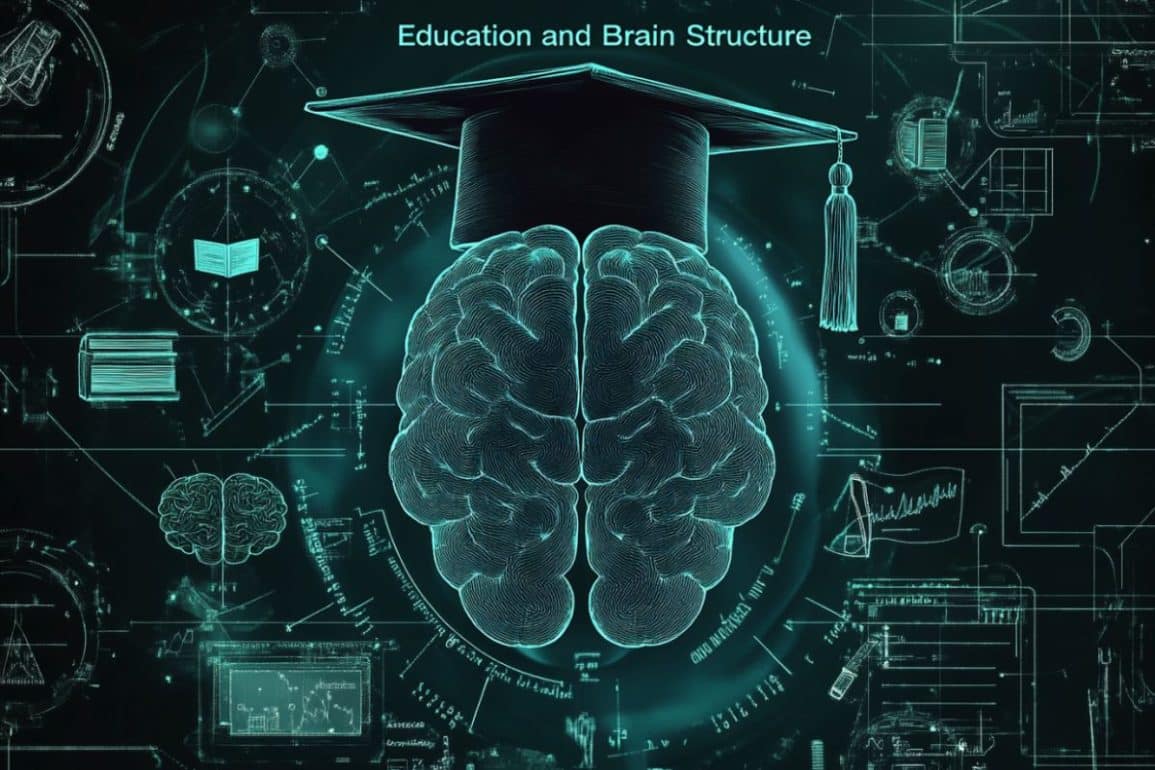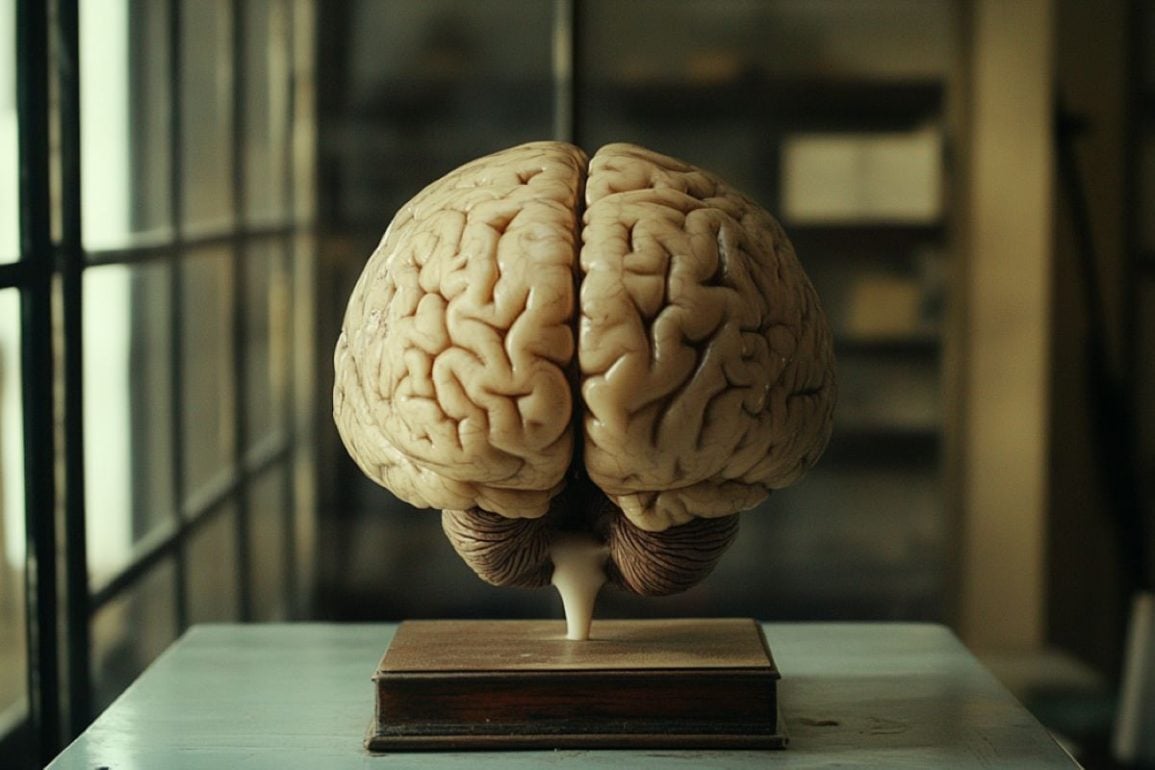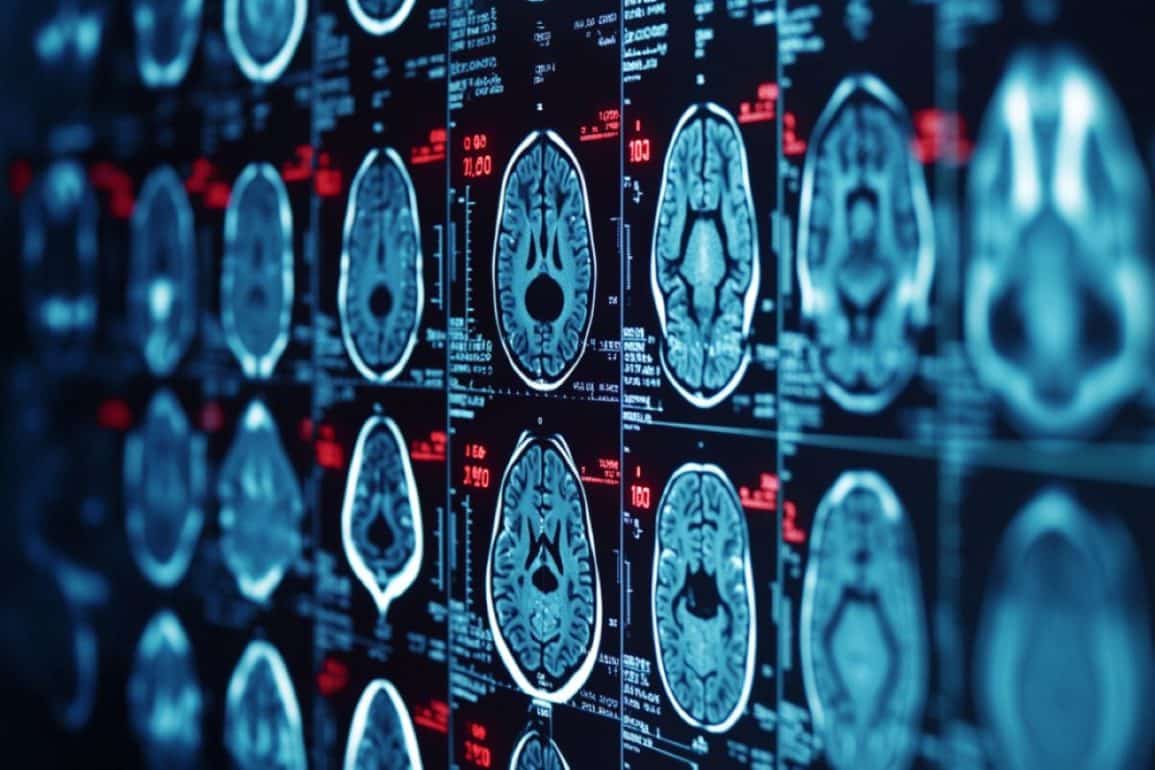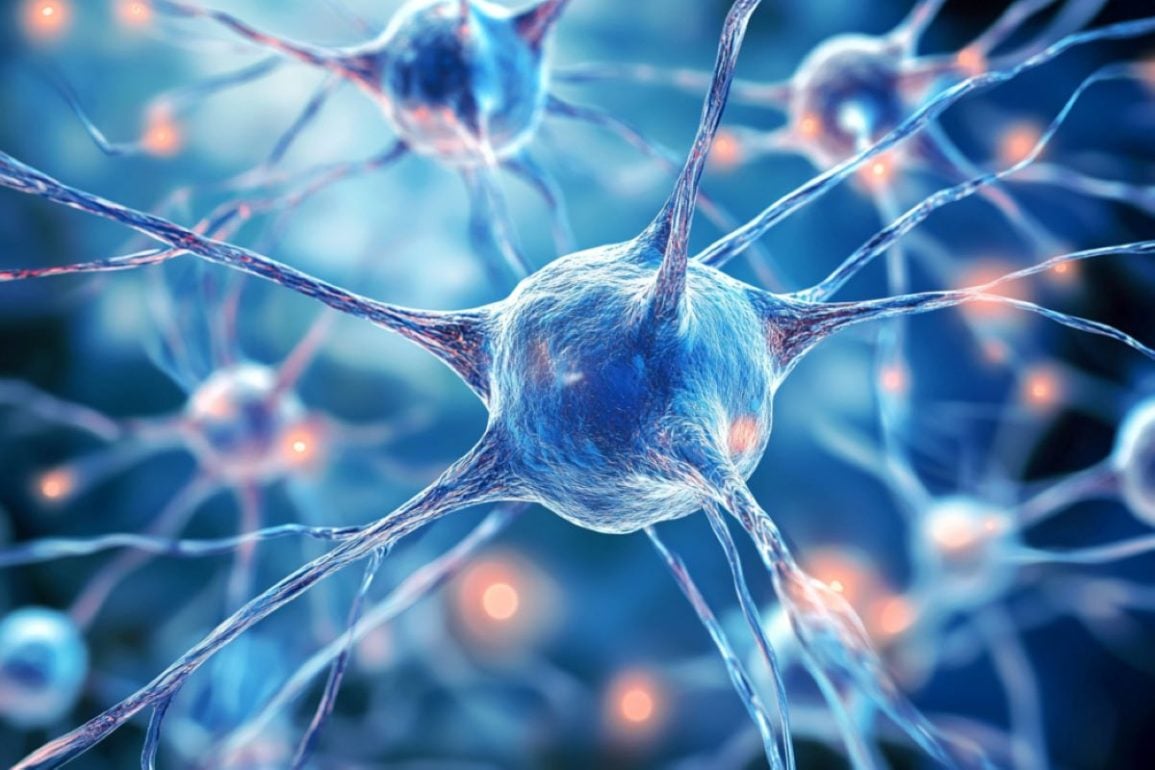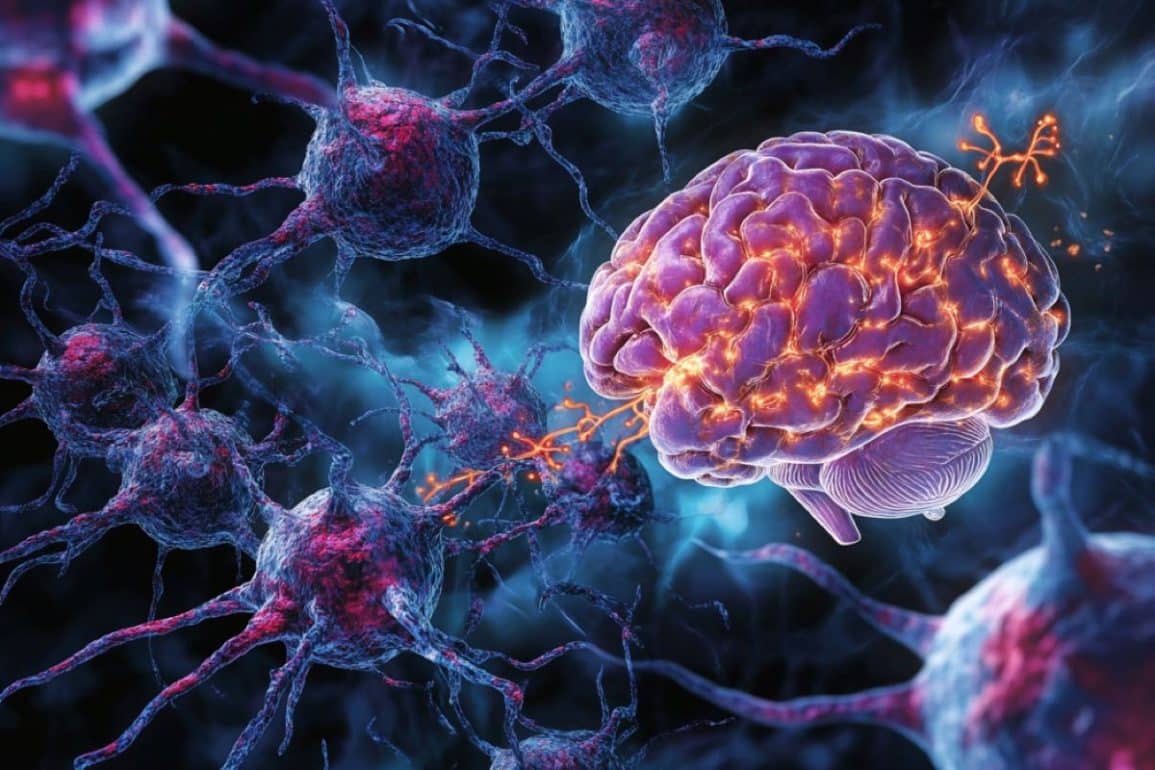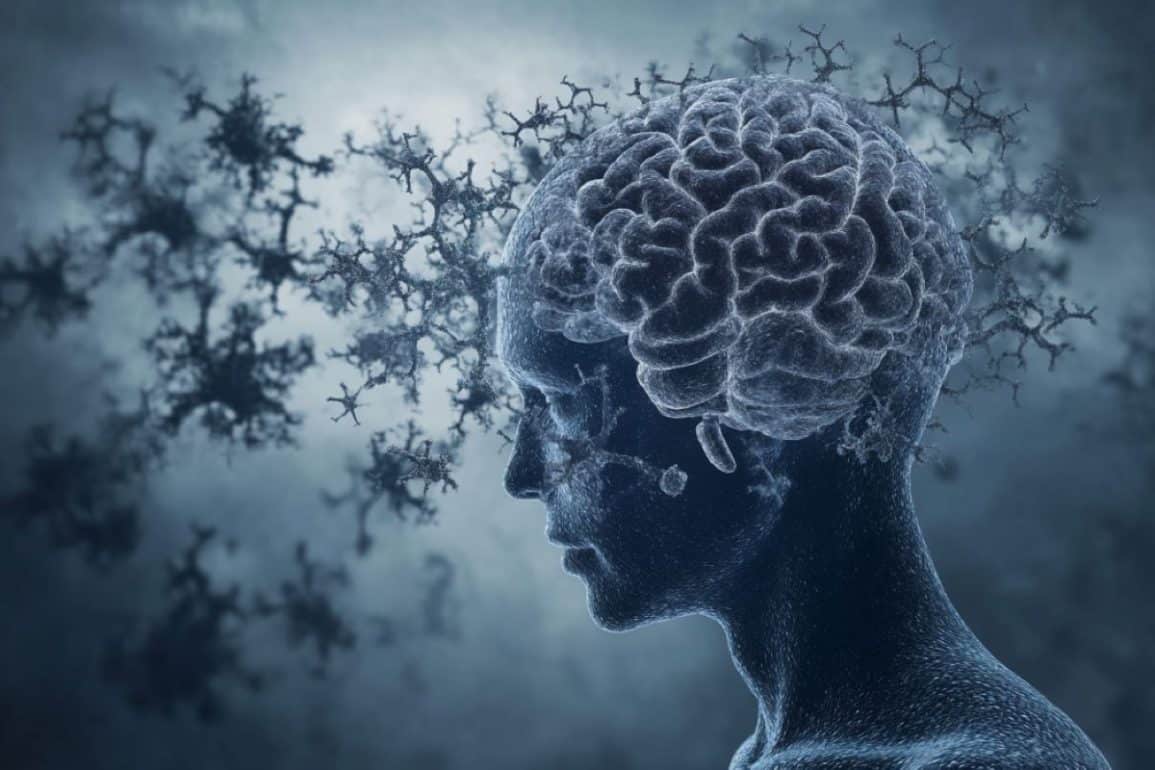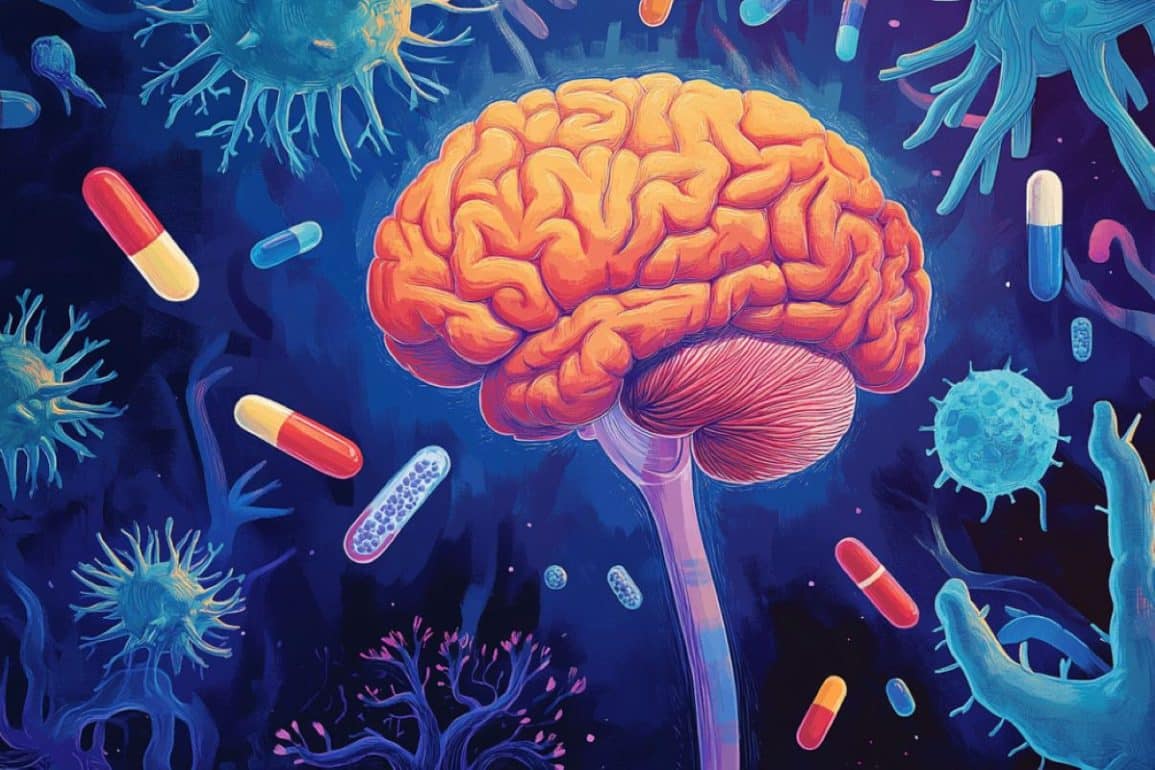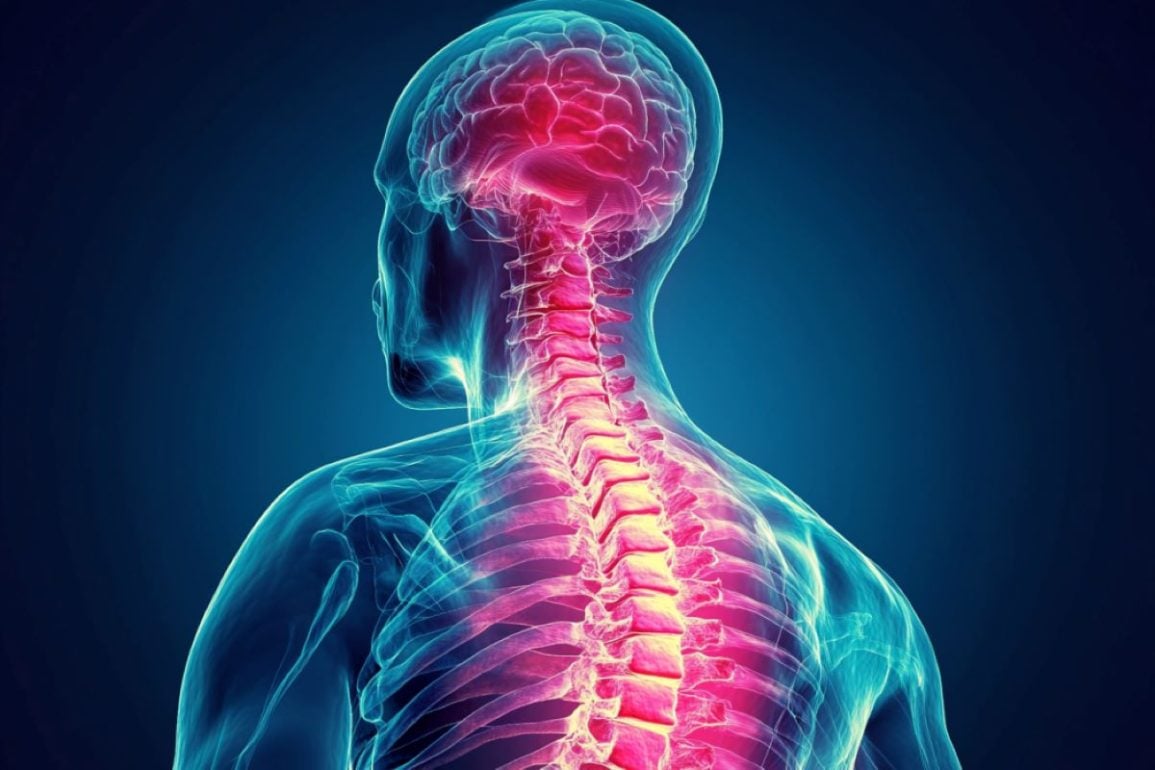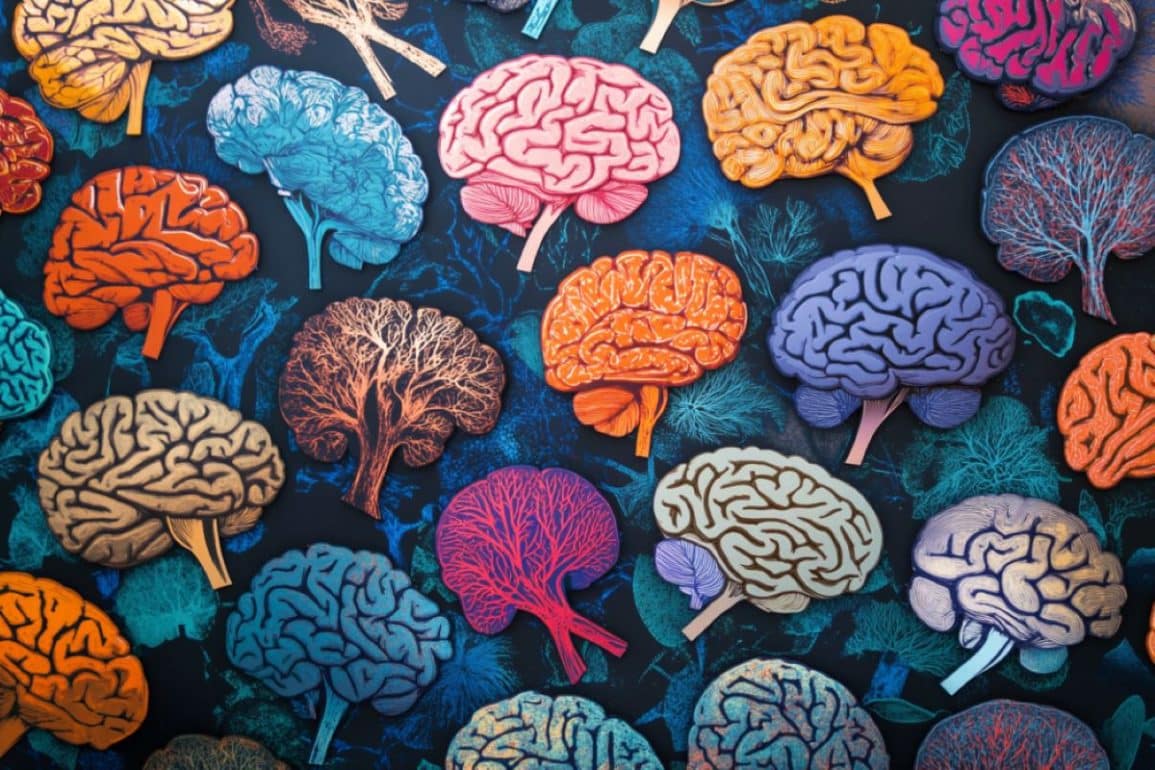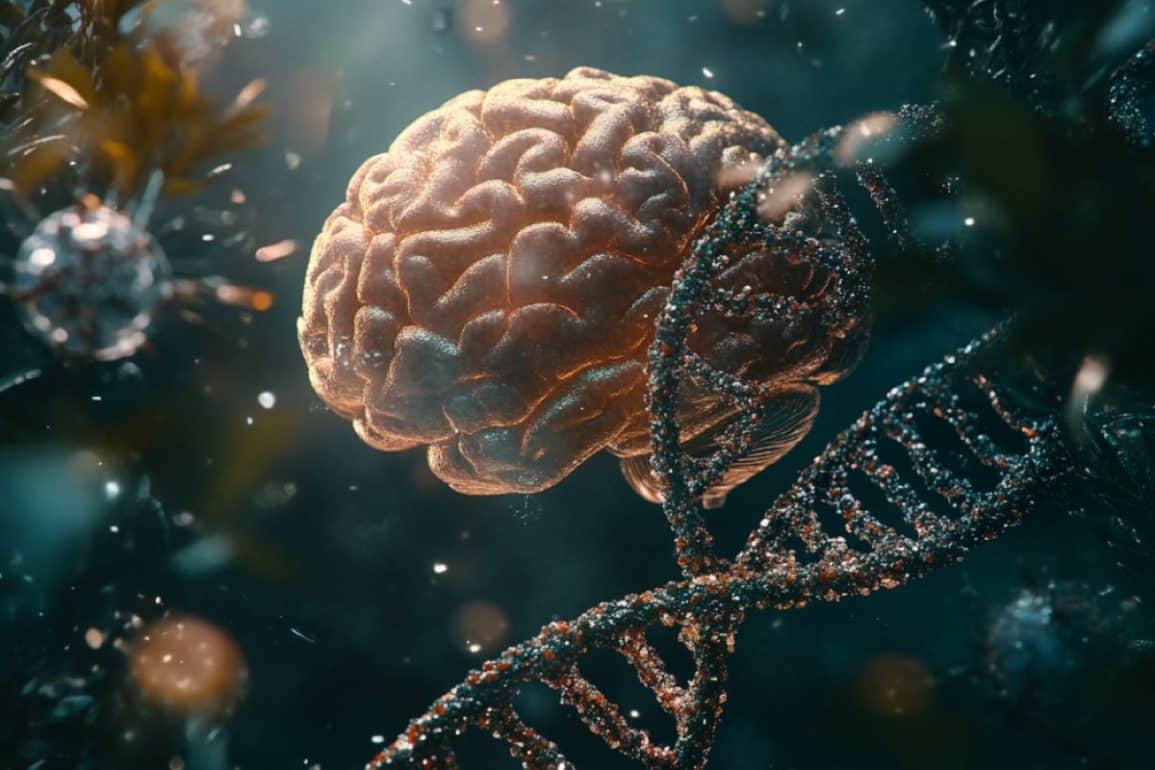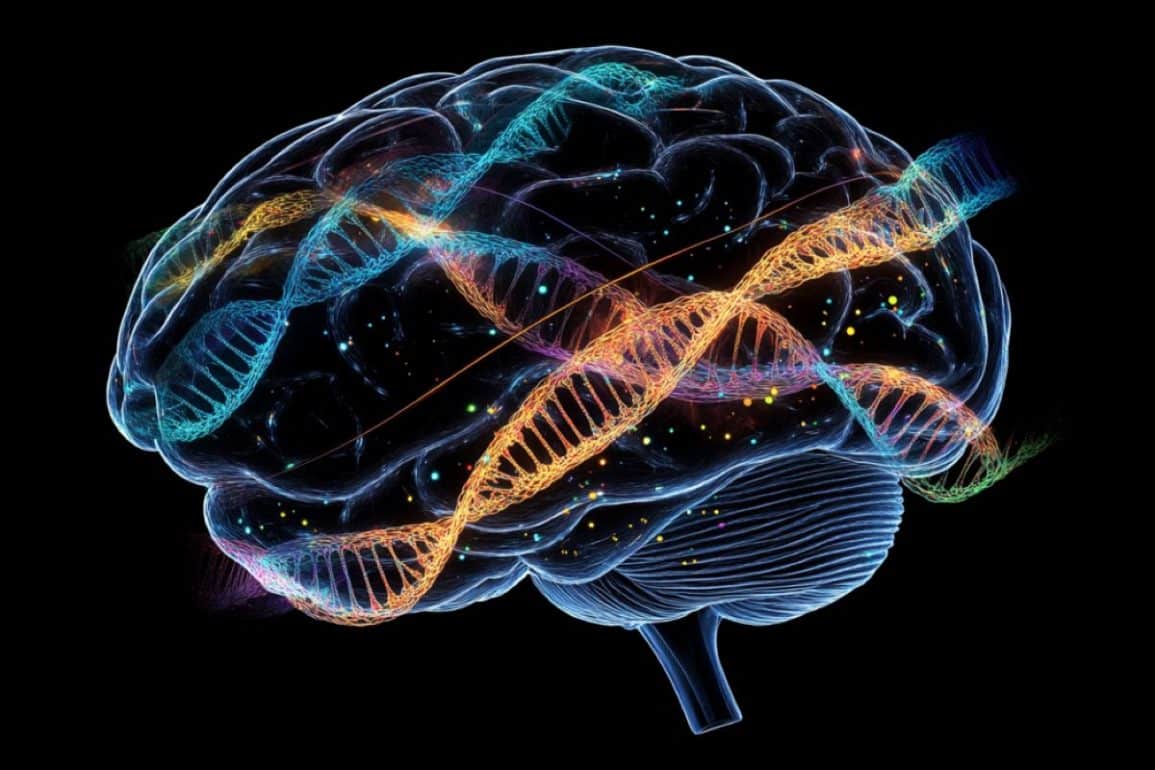AI Tool Reveals Long COVID May Affect 23% of People
 A new AI tool identified long COVID in 22.8% of patients, a much higher rate than previously diagnosed. By analyzing extensive health records from nearly 300,000 patients, the algorithm identifies long COVID by distinguishing symptoms linked specifically to SARS-CoV-2 infection rather than pre-existing conditions. This AI approach, known as "precision phenotyping," helps clinicians differentiate long COVID symptoms from other health issues and may improve diagnostic accuracy by about 3%.
A new AI tool identified long COVID in 22.8% of patients, a much higher rate than previously diagnosed. By analyzing extensive health records from nearly 300,000 patients, the algorithm identifies long COVID by distinguishing symptoms linked specifically to SARS-CoV-2 infection rather than pre-existing conditions. This AI approach, known as "precision phenotyping," helps clinicians differentiate long COVID symptoms from other health issues and may improve diagnostic accuracy by about 3%. 